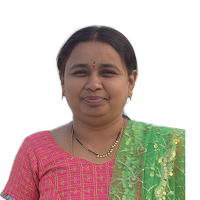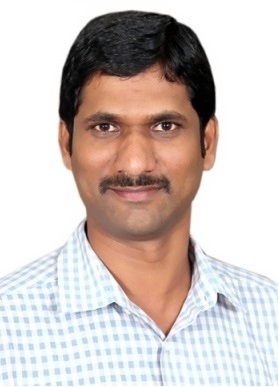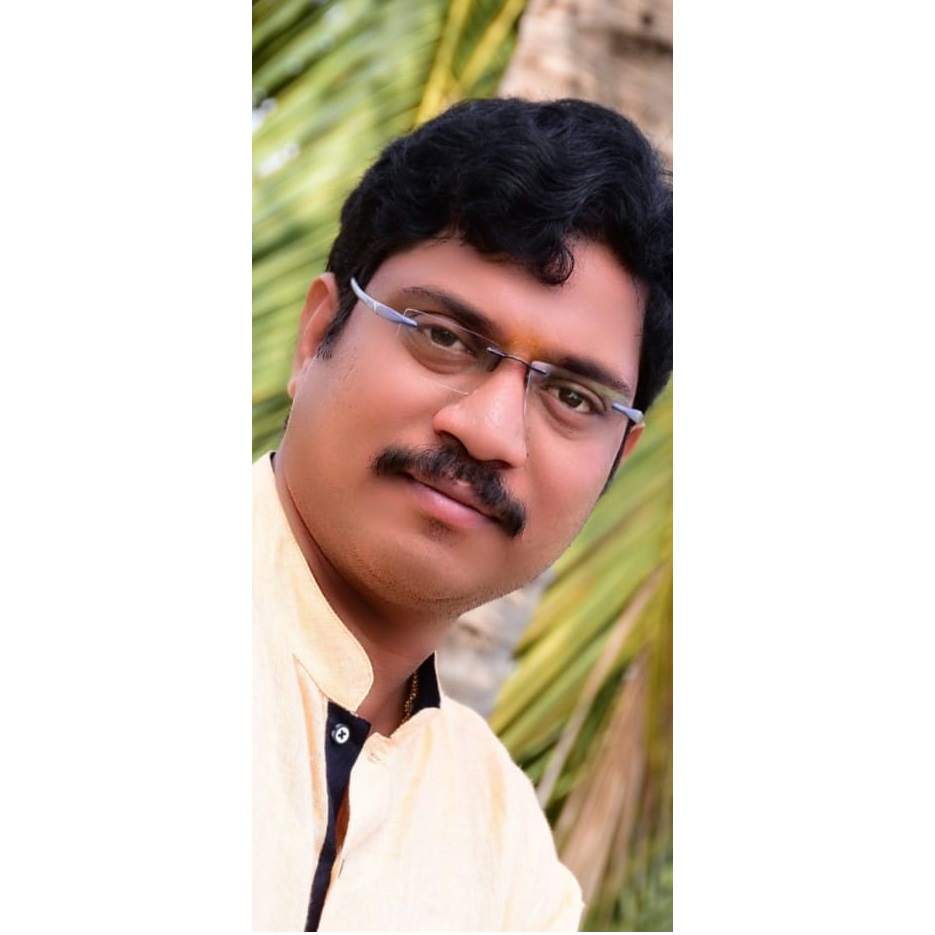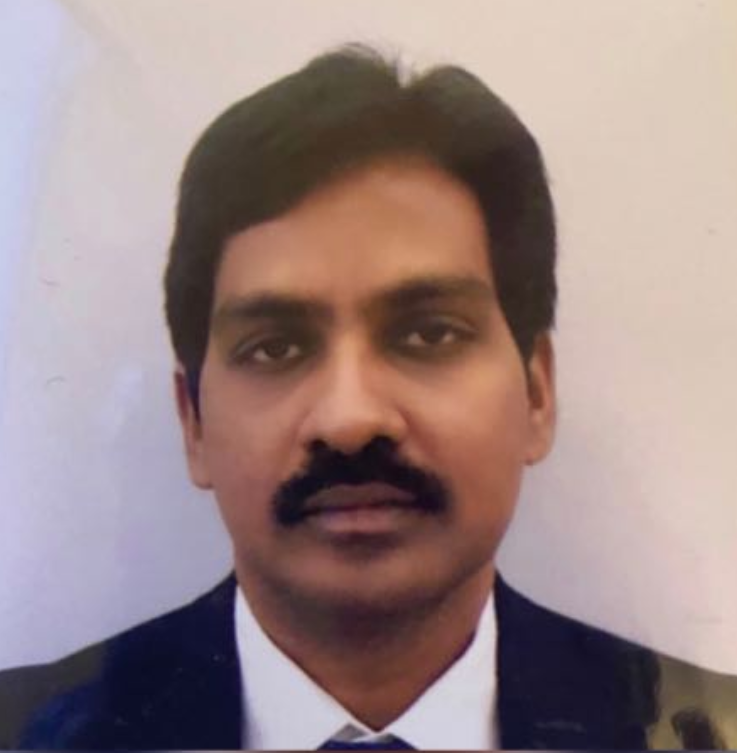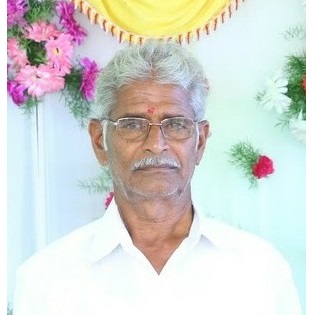In the heart of a remote and rural village nestled amidst rolling hills and lush greenery, there stood a quaint little community known as Rajugudem. Life in Rajugudem moved at a gentle pace, far removed from the hustle and bustle of the modern world. Here, time seemed to slow down, and the simple joys of nature and close-knit relationships were cherished above all else.
Amidst the picturesque landscapes of Rajugudem lived a young girl named Saurya. With eyes as bright as the morning sun and a heart full of curiosity, Saurya roamed the meandering pathways of the village, eager to explore the wonders that lay beyond the horizon.
In Rajugudem, where the whispers of the wind carried tales of generations past and the songs of birds filled the air with melody, Saurya's thirst for knowledge knew no bounds. Though the village was small and secluded, Saurya dreamed of venturing into the world beyond, where she could unravel the mysteries of distant lands and learn of languages spoken in faraway places.
One day, while wandering through the village square, Saurya stumbled upon a weathered old book tucked away in a forgotten corner of the local library. As she brushed off the dust and flipped through its pages, she discovered a treasure trove of stories written in languages she had never encountered before. Fascinated by the unfamiliar words and exotic alphabets, Saurya's imagination took flight, and she vowed to unravel the secrets of these foreign tongues.
With determination in her heart and a hunger for adventure, Saurya embarked on a journey to learn the languages of distant lands. Armed with nothing but her curiosity and the wisdom of the village elders, she immersed herself in the study of each language, delving into its history, its culture, and its unique nuances.
As the seasons passed and the village of Rajugudem continued to thrive in its timeless tranquility, Saurya's knowledge and understanding of the world grew with each new language she mastered. With the support of her community and the resources available to her, Saurya not only mastered multiple languages but also became a bridge between cultures, bringing people together through the power of communication.
And so, Saurya's journey to learn third and other essential languages became a testament to the boundless possibilities that await those who dare to explore the world beyond their own linguistic borders.
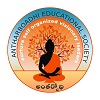
 Quality education to all, especially for children in Rural places of Telangana, is our motto.
Quality education to all, especially for children in Rural places of Telangana, is our motto.
